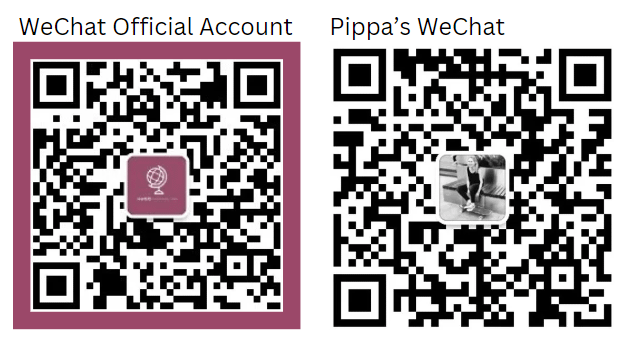For students new to navigating the challenges and opportunities of doing academic research, an often-overlooked but crucial factor in success is the student-mentor relationship.
When students and mentors work together well, the result is well-crafted, interesting, and fulfilling student research projects. But, if students and mentors fail to manage the relationship properly, misunderstandings, wasted time, and poor grades can result.
I recently had the opportunity to share my advice on this topic with students in a joint webinar with Lumiere Education and ASEEDER. Read on for a summary of the key points!
1. Understand the role of a mentor

A research mentor for undergraduates and high school students is typically a university faculty member or graduate student who supports the student (or “mentee”) through their initial foray into academic research.
Typically, mentors should:
✅Guide students in choosing a research topic and question;
✅Help students identify relevant academic literature on their topic;
✅Point students to potential data sources and support them in developing their analytical framework and methodology;
✅Provide feedback on students’ written work to help them edit and improve.
(Good) mentors do not:
❌ Write the research project on behalf of the student;
❌ Micromanage the student’s project, denying them independence and the chance to grow;
❌ Neglect their students in favor of their own research.
Students should view their mentor as a guide rather than a boss. However, to make best use of that guide, students need to develop clear communication skills and “manage up” (proactively develop a productive working relationship).
2. Set clear expectations together

At the beginning of a research project, it’s crucial for mentors and mentees to work together to set clear parameters for the relationship, so that each side understands what the other hopes to achieve, expects, and needs.
I recommend students ask their mentor for a specific meeting for this purpose (and don’t be afraid to do this – your mentor will likely appreciate your proactiveness!). Set aside 45-60 minutes, and come prepared with a clear idea about what your goals and expectations are.
During the meeting, discuss:
- A regular meeting schedule (setting a regular meeting schedule is much better than ad hoc meetings, which sometimes don’t happen because both mentor and mentee get absorbed in other priorities).
- Roles and responsibilities of the mentor and mentee;
- Communication expectations (for example, how regularly should both parties check their email?).
After the meeting, write down what you have agreed and email it to your mentor, asking for feedback if there are any areas of misunderstanding. By clearly defining the parameters of the relationship at the beginning, the potential for misunderstandings is greatly reduced.
(And, remember that you can always revise – in discussion with your mentor – anything that’s not working.)
3. Speak up! Your mentor can’t read your mind

Remember: your mentor is a human being, not a god.
Mentors are human: they can’t read your mind, and while they want to help you, they may have a multitude of other professional and personal responsibilities, and need clear communication from their mentees to best direct and prioritize their energies.
So, if you have a problem or challenge that needs your mentor’s help, tell them! Think carefully about what you need and communicate it clearly and directly. (For example: “I’ve collected and analyzed my data, but when it comes to writing up, I’m really struggling with procrastination. Can you recommend some specific techniques that could help me overcome this?”).
Likewise, mentor meetings will be more productive if mentors know what the mentee wants to talk about / needs support on BEFORE the meeting, so that they can prepare in advance. Send a draft meeting agenda a few days in advance of each meeting to your mentor (and ask them if they want to add or change anything). The result will be more productive and efficient meetings, which is better for both mentor and student.
Similarly, when sending drafts of written work to your mentor, include (in your covering email or comments on the draft document) a note on which areas you need more help with. (For example: “I’m confident that my literature review and theoretical framework are now in good shape, but I am really concerned about whether or not the methodology makes sense. I’d be grateful if you could pay particular attention to giving suggestions for improvement in this part”).
Finally, consider using shared file services such as box or OneDrive so that mentors can easily track student progress and share feedback (if you’re worried that your mentor will be watching you write and edit your shared document in real time, trust me – they have other things to do!).
Conclusion: “Manage up”

Ultimately, the foundation of a successful mentor-mentee relationship lies in clear and consistent communication. Tell your mentor what’s going on (both good and bad) and what you need from them.
Likewise, remember that your mentor is a person with a busy professional and personal life. Help them to help you by making sure they know what support you most need, giving them time to prepare for your meetings, and being mindful of their other priorities.
Would this article be helpful for someone you know? Click the links below to share ⬇
Check out more tips for academic success by following Discovery Hub on social media ⬇
Add Discovery Hub’s Official Account and Pippa on WeChat ⬇

Copyright @ 2024 Discovery Hub Educational Consulting (Suzhou) Ltd 探索枢纽教育咨询(苏州)有限公司。